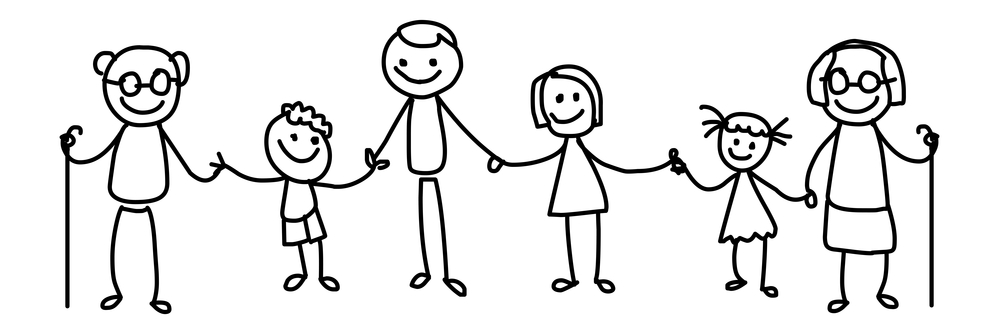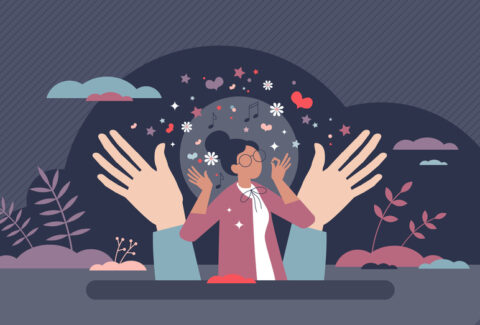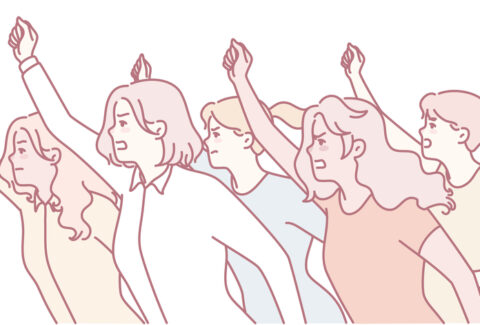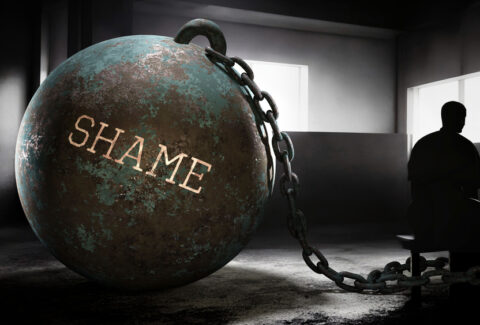Internalized Oppression Across Generations: The Cycle of Silence
“The chains of the mind are the hardest to break. What is not healed in one generation is silently handed to the next.”
The Inheritance We Do Not See
Oppression does not end when laws change, when systems shift, or when societies proclaim progress. Its residue lingers in the psyche, shaping inner dialogue, self-concept, and relationships for generations. This phenomenon, transgenerational internalized oppression, is one of the most powerful yet invisible forces shaping communities today.
Studies in epigenetics have shown that trauma can alter gene expression, leaving biological traces that outlast the original wound. For example, Yehuda and colleagues (2016) demonstrated that children of Holocaust survivors exhibited distinctive stress hormone profiles, suggesting inherited vulnerability through epigenetic transmission. Similarly, the legacy of slavery, colonization, and systemic racism has been shown to affect stress reactivity, health disparities, and even cellular aging in descendants of oppressed groups (Kuzawa & Sweet, 2009; Roberts et al., 2021).
What is inherited is not only biology but also narratives:
- “Don’t speak too loudly.”
- “Stay in your place.”
- “We don’t deserve better.”
These messages, consciously or unconsciously transmitted, create a cycle of silence that stifles both collective and individual growth.
Silence as Survival
For many communities, silence was once a survival strategy. To stay quiet meant to stay safe in the face of violence, surveillance, or retaliation. Yet survival strategies, when carried forward unexamined, become chains. A person may silence themselves in meetings, minimize their talents, or internalize doubt, not because danger is imminent, but because the ancestral script has not been rewritten.
Breaking the Cycle
Breaking the transgenerational cycle of internalized oppression requires three key steps:
- Awareness of the Inherited Script: Recognizing that certain thoughts, beliefs, and behaviors are not personal failings but inherited adaptations. This awareness liberates us from self-blame.
- Collective Dialogue: Healing is not only individual but communal. Speaking aloud what was once silenced creates space for collective rewriting. Research in community psychology shows that empowerment flourishes when people articulate shared experiences of oppression (Prilleltensky, 2008).
- Reclaiming the Voice: Practices such as journaling, storytelling, healing circles, and advocacy provide pathways to reclaim one’s authentic voice. Neuroscience confirms that self-expression rewires neural pathways, reducing the grip of fear-based silence (Siegel, 2020).
A New Legacy
We cannot choose the narratives we inherit, but we can choose the ones we pass down. By interrupting silence and reshaping inner dialogue, we hand the next generation a legacy of courage rather than quiet submission.
As James Baldwin reminds us: “Not everything that is faced can be changed, but nothing can be changed until it is faced.”
Breaking silence is not rebellion against our ancestors; rather, it is the fulfillment of their deepest, unspoken hopes.
References
- Kuzawa, C. W., & Sweet, E. (2009). Epigenetics and the embodiment of race: Developmental origins of US racial disparities in cardiovascular health. American Journal of Human Biology, 21(1), 2–15.
- Prilleltensky, I. (2008). The role of power in wellness, oppression, and liberation: The promise of psychopolitical validity. Journal of Community Psychology, 36(2), 116–136.
- Roberts, A. L., et al. (2021). Exposure to trauma across generations: Associations with epigenetic aging in Black Americans. Psychological Medicine, 51(7), 1159–1170.
- Siegel, D. J. (2020). The developing mind: How relationships and the brain interact to shape who we are. Guilford Press.
- Yehuda, R., Daskalakis, N. P., et al. (2016). Holocaust exposure induced intergenerational effects on FKBP5 methylation. Biological Psychiatry, 80(5), 372–380
Download the scholarly version of this article by clicking HERE







